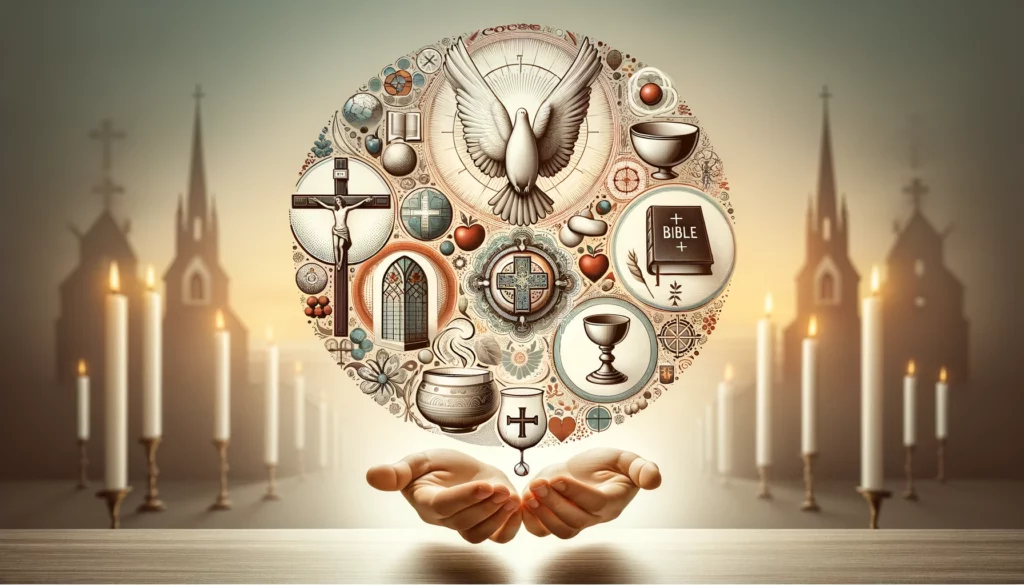In the heart of Vatican City stands a figure who is not just a spiritual leader but a symbol of unity and authority for over a billion Catholics worldwide: the Pope. The Pope’s role in the Catholic Church is foundational, tracing its origins back to a pivotal moment recorded in the New Testament, where Jesus Christ hands the keys of the kingdom to the Apostle Peter, signifying the transfer of divine authority. This act laid the groundwork for the papacy, establishing a lineage of leadership that has endured for millennia. Understanding the Pope’s role requires a journey through scripture, history, and Church doctrine.
From Peter to the Papacy
The handing of the keys to Peter is more than a symbolic gesture; it is a declaration found in the Gospel of Matthew 16:18-19, where Jesus says, “And I tell you, you are Peter, and on this rock I will build my church, and the gates of Hades will not prevail against it. I will give you the keys of the kingdom of heaven, and whatever you bind on earth shall be bound in heaven, and whatever you loose on earth shall be loosed in heaven.” This passage is crucial for understanding the Pope’s authority, as it establishes Peter as the first leader of Jesus’ Church, a role that Catholics believe is inherited by the Popes.
The Pope’s Authority and Influence
The Pope is considered the Vicar of Christ on earth, a title that signifies his role as Christ’s representative. As the Bishop of Rome and successor to Saint Peter, the Pope’s authority encompasses spiritual, doctrinal, and administrative aspects of the Catholic Church. He is responsible for safeguarding the purity of Catholic doctrine, guiding the Church’s moral and ethical direction, and ensuring the unity of the Church worldwide.
The Pope’s influence extends beyond the confines of the Church. As a head of state of Vatican City, he plays a significant role in international diplomacy and global peace efforts. His teachings and encyclicals address not only matters of faith and morals but also social justice issues, affecting millions around the globe.
Papal Infallibility
One of the most misunderstood concepts of the papacy is papal infallibility. Declared during the First Vatican Council in 1870, this doctrine states that the Pope is preserved from the possibility of error when he solemnly declares or defines a doctrine concerning faith or morals to be held by the whole Church. This charism of infallibility is a testament to the divine guidance believed to be at work in the Church’s highest office, ensuring that it remains steadfast in truth.
The Documents of Vatican I and Papal Authority
The First Vatican Council was a defining moment for the Catholic Church, clarifying the nature and extent of the papal authority. The documents produced by Vatican I, particularly “Pastor Aeternus,” provide a detailed exposition of the Pope’s primacy and infallibility. These texts underscore the Pope’s role as the perpetual and visible source and foundation of unity in both faith and communion.
The journey from Jesus entrusting the keys to Peter to the elaboration of papal authority in the documents of Vatican I illustrates the depth and complexity of the Pope’s role within the Catholic Church. It’s a role that has evolved yet remains anchored in the foundational belief in Peter’s succession, guiding the Church through the ages with authority and influence.
In understanding the Pope’s position, one can appreciate the continuity of faith that defines the Catholic Church, a continuity that has withstood the test of time, guided by the principles laid down by Christ Himself.


